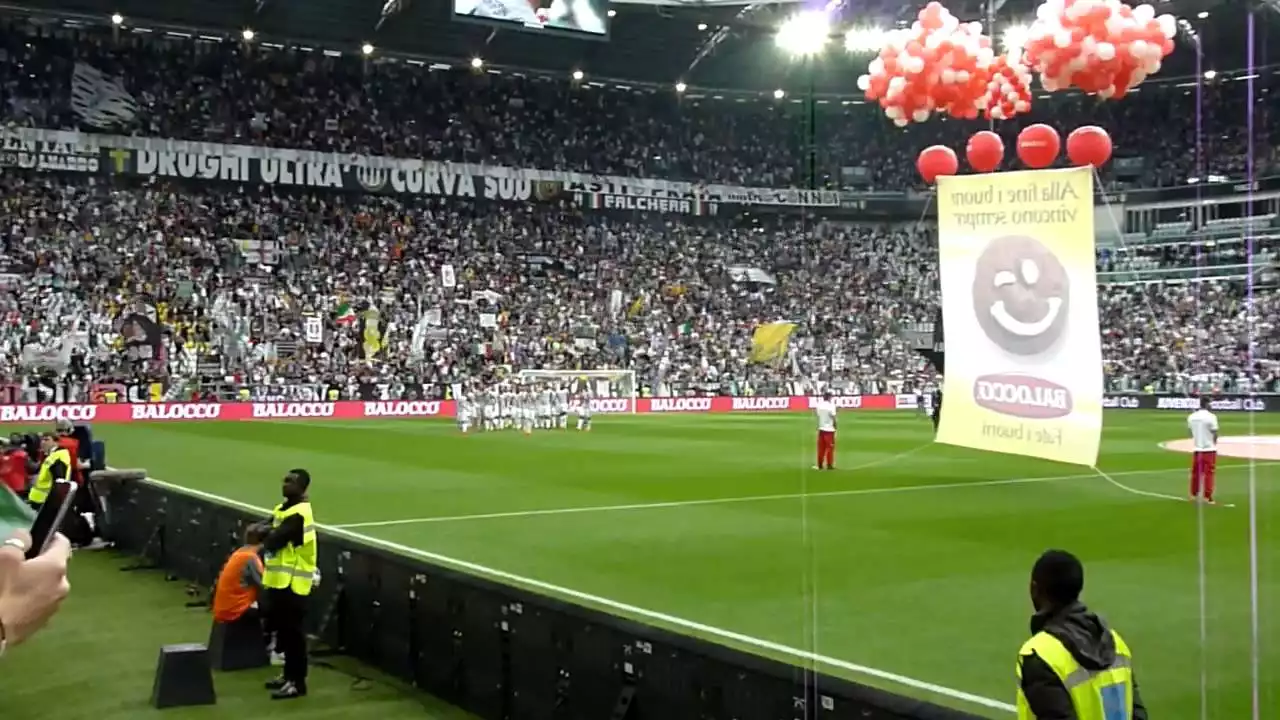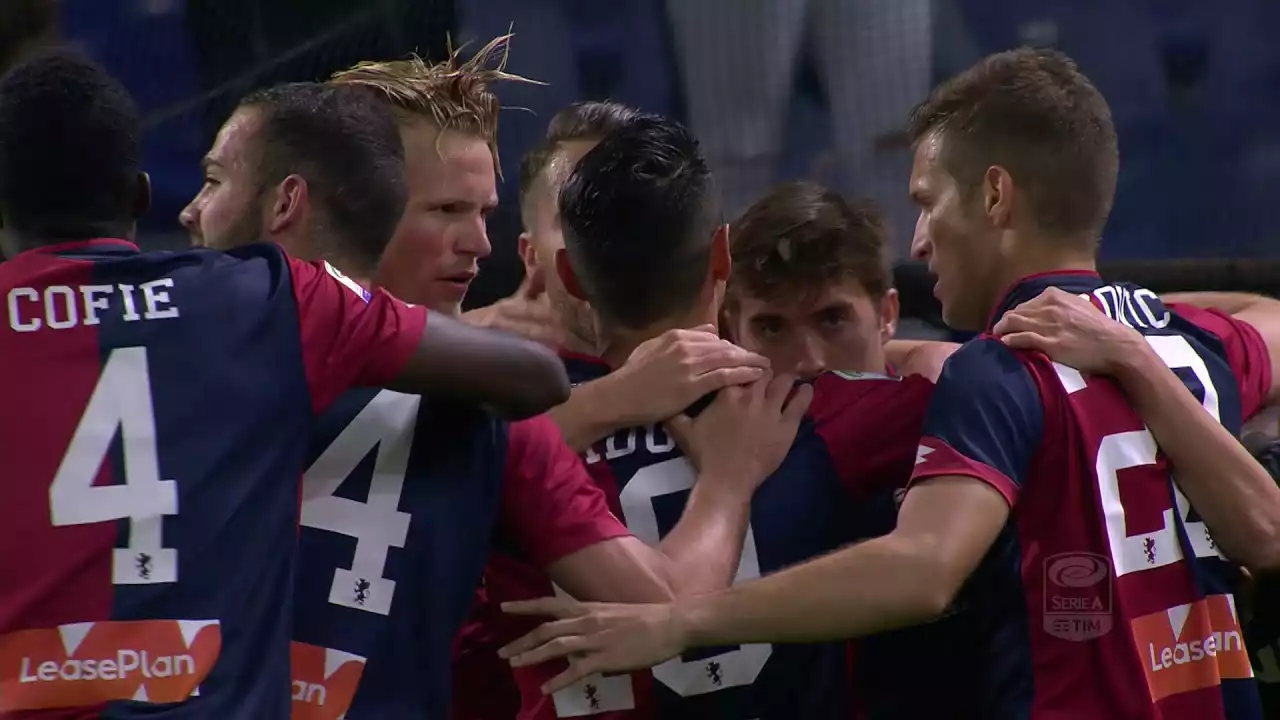The Advantages of Automatic Entry in Coppa Italia
The advantages of automatic entry in Coppa Italia are evident. Firstly, it provides an opportunity for historically successful clubs to participate in the tournament. These clubs have built a reputation over the years and have a strong fanbase. Allowing them direct entry ensures that their loyal supporters can witness their team competing against other top-tier clubs. This not only increases the excitement surrounding the tournament but also boosts ticket sales and television viewership, benefiting the tournament's overall revenue.
Secondly, automatic entry ensures the presence of the most competitive teams, raising the level of play. By allowing strong clubs to skip the qualification rounds, the tournament becomes more intense and showcases high-quality football. This not only attracts more fans but also enhances the reputation of the Coppa Italia as a highly competitive tournament. The inclusion of elite teams enhances the overall spectacle and provides fans with the opportunity to witness top-class football.
Lastly, automatic entry provides stability to clubs with a strong history. These clubs often have well-established youth academies and infrastructure. By participating in the Coppa Italia, they can showcase their talent and attract potential sponsors and investors. This financial stability allows them to invest in their youth development programs, benefiting the growth of soccer at both the grassroots and professional levels.
The Disadvantages of Automatic Entry in Coppa Italia
While there are clear advantages to automatic entry, it is not without its drawbacks. The primary disadvantage is the potential imbalance it creates in the competition. By allowing certain teams to bypass the qualification rounds, the playing field becomes skewed. Smaller clubs, who may have worked hard to qualify, are denied the opportunity to showcase their skills against more established teams. This can lead to a lack of diversity in the tournament and limit the chances of underdogs to make a name for themselves.
Another disadvantage is that automatic entry may discourage smaller clubs from investing in their squads. Knowing that they have little chance of directly qualifying for the Coppa Italia, these clubs may redirect their resources towards other competitions or focus on league performance. This can result in a decrease in the overall competitiveness of the tournament and dilute the quality of matches.
Additionally, automatic entry can lead to a sense of entitlement among elite clubs. The assurance of participation without going through the qualification process may breed complacency and reduce their motivation to perform at their best. This can result in lackluster performances and undermine the excitement and competitiveness of the tournament.
The Controversy Surrounding Automatic Entry
The debate surrounding automatic entry in Coppa Italia is a heated one, with strong arguments on both sides. Proponents of the system argue that it rewards successful clubs for their contributions to Italian football and ensures that the tournament features the best teams. They believe that automatic entry maintains the integrity of the competition and rewards history and tradition.
On the other hand, critics argue that automatic entry diminishes the spirit of fair competition and denies smaller clubs the chance to prove themselves. They believe that the qualification process should be open to all teams, regardless of their reputation or history. This would create a level playing field and provide opportunities for lesser-known clubs to make a mark.
Examples of Teams Benefiting from Automatic Entry
Several teams have benefited from automatic entry in Coppa Italia. One notable example is Juventus, one of Italy's most successful clubs. With a rich history and a large fanbase, Juventus has been a consistent participant in the tournament. Automatic entry has allowed them to focus on their league and European commitments without the added pressure of the qualification rounds.
Another team that has reaped the rewards of automatic entry is AC Milan. As one of the most iconic clubs in Italian football, AC Milan has a strong reputation and a global following. Automatic entry ensures their participation in the Coppa Italia, providing an opportunity for their talented squad to compete against other top-level teams.
Examples of Teams Disadvantaged by Automatic Entry
While some teams benefit from automatic entry, others are disadvantaged by the system. Smaller clubs, such as those from lower divisions or those with limited financial resources, often struggle to qualify for the Coppa Italia. Automatic entry denies them the chance to showcase their abilities in a high-profile tournament and potentially attract attention from scouts and sponsors.
Teams like Benevento and Crotone, who have recently gained promotion to Serie A, face an uphill battle to qualify for the Coppa Italia. Without automatic entry, these clubs have to navigate through the qualification stages, making it challenging to balance their league commitments. This can put them at a disadvantage, both in terms of performance and financial stability.
Potential Solutions to Address the Issues with Automatic Entry
To address the issues surrounding automatic entry in Coppa Italia, several potential solutions have been proposed. One option is to implement a hybrid system where clubs with a proven track record receive automatic entry, but with certain conditions. These conditions could include financial obligations, youth development requirements, or community engagement initiatives. This would ensure that clubs meet certain criteria to deserve direct entry and contribute positively to the growth of Italian soccer.
Another solution is to allocate a limited number of automatic entry spots to clubs from lower divisions. This would provide an opportunity for smaller clubs to compete against top-level teams, promoting inclusivity and fair competition. It would also create excitement and unpredictability, as these underdog teams strive to make their mark in the tournament.
The Impact of Automatic Entry on the Competitiveness of Coppa Italia
The impact of automatic entry on the competitiveness of Coppa Italia is a topic of ongoing debate. Proponents argue that automatic entry ensures that the most competitive teams are present, resulting in high-quality matches. They believe that it enhances the overall competitiveness of the tournament by including elite clubs with strong squads and resources.
Critics, however, contend that automatic entry can lead to a decline in competitiveness. By denying smaller clubs the opportunity to participate, the tournament loses the element of surprise and the chance for underdogs to upset established teams. This can lead to predictable outcomes and a decrease in the overall excitement and competitiveness of the Coppa Italia.
The Opinions of Players, Coaches, and Fans on Automatic Entry
The opinions of players, coaches, and fans on automatic entry in Coppa Italia vary. Some players and coaches from elite clubs appreciate the direct entry as it allows them to focus on their league and European campaigns without the added pressure of qualification rounds. They believe that automatic entry ensures that the best teams compete in the tournament, raising its overall standard.
On the other hand, players and coaches from smaller clubs often express frustration with automatic entry. They feel that it limits their opportunities to showcase their abilities and prove themselves against more established teams. They argue that the qualification process should be open to all clubs, allowing fair competition and the chance for underdogs to make a name for themselves.
Fans' opinions on automatic entry also differ. Supporters of elite clubs tend to appreciate automatic entry as it guarantees their team's participation and increases their chances of witnessing high-quality matches. However, fans of smaller clubs often feel let down by the system, as it denies their team the opportunity to compete at the highest level and potentially create memorable moments.
Automatic entry in Coppa Italia is a complex and controversial topic. While it provides advantages such as ensuring the presence of historically successful clubs and raising the overall quality of matches, it also has its disadvantages, including the potential imbalance it creates and the limited opportunities for smaller clubs. To address the issues, potential solutions such as implementing conditions for automatic entry or allocating spots to lower division teams have been suggested. Understanding both sides of the argument is crucial to appreciate the nuances of Italian soccer's most prestigious cup competition.










